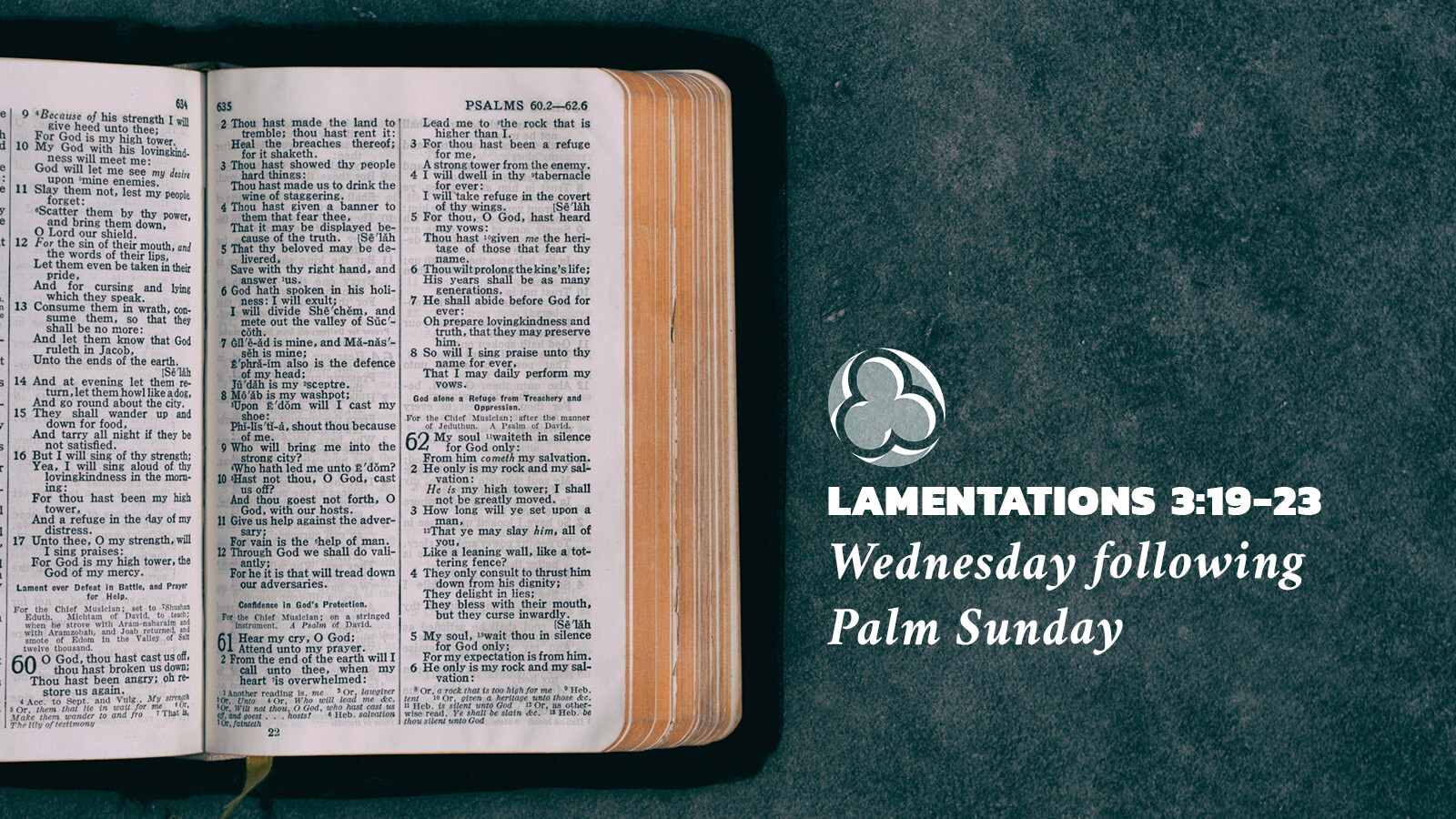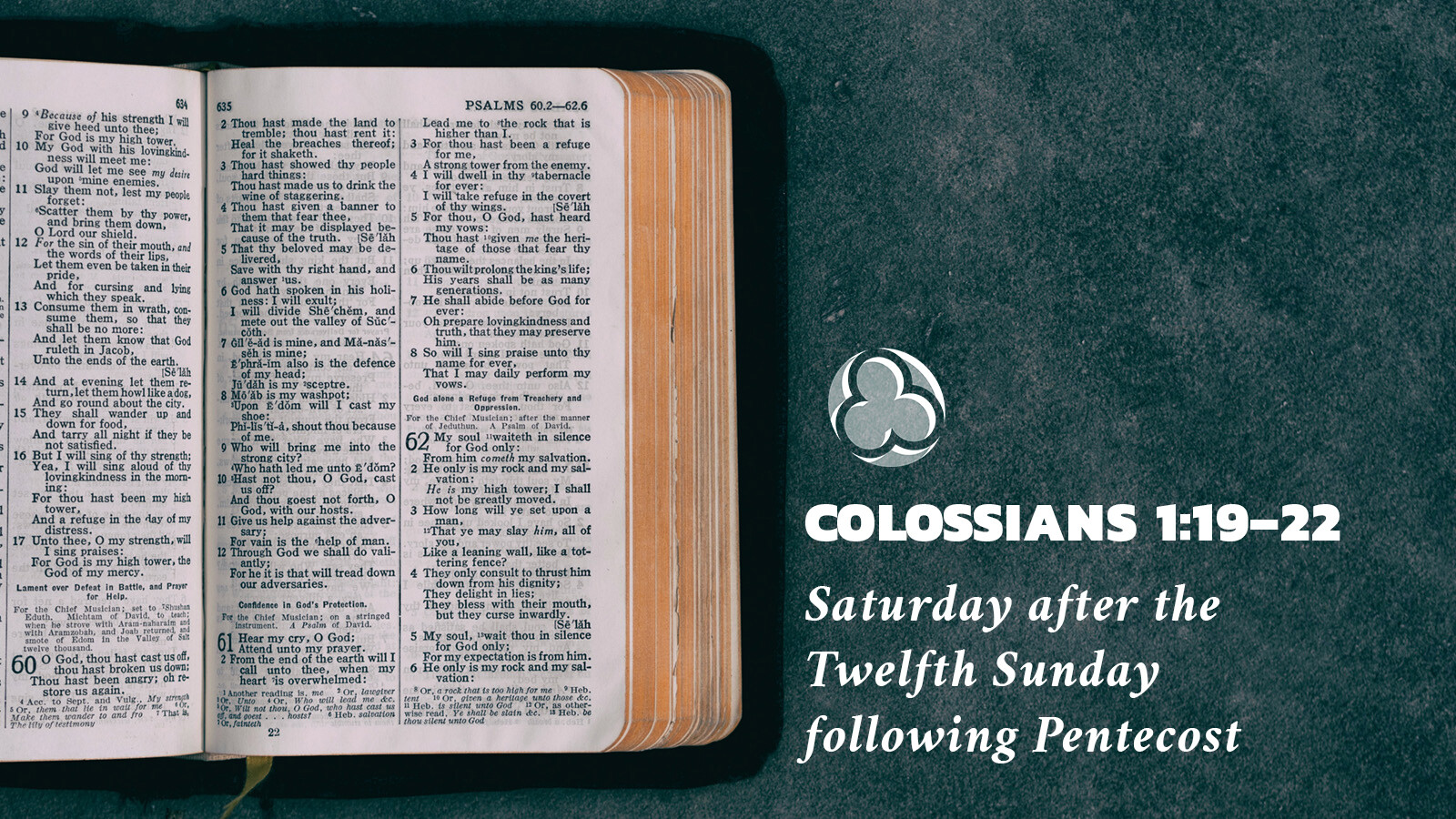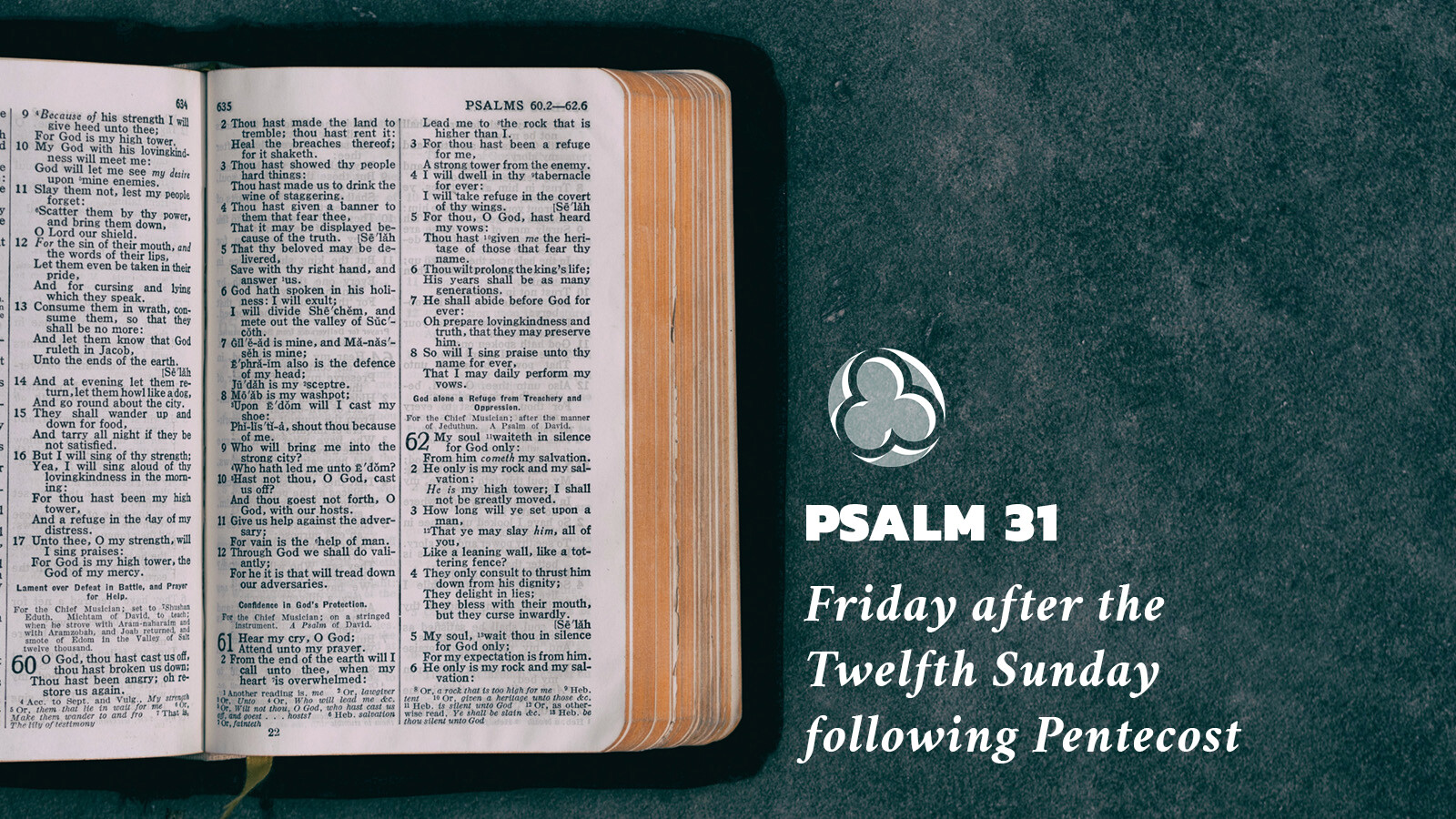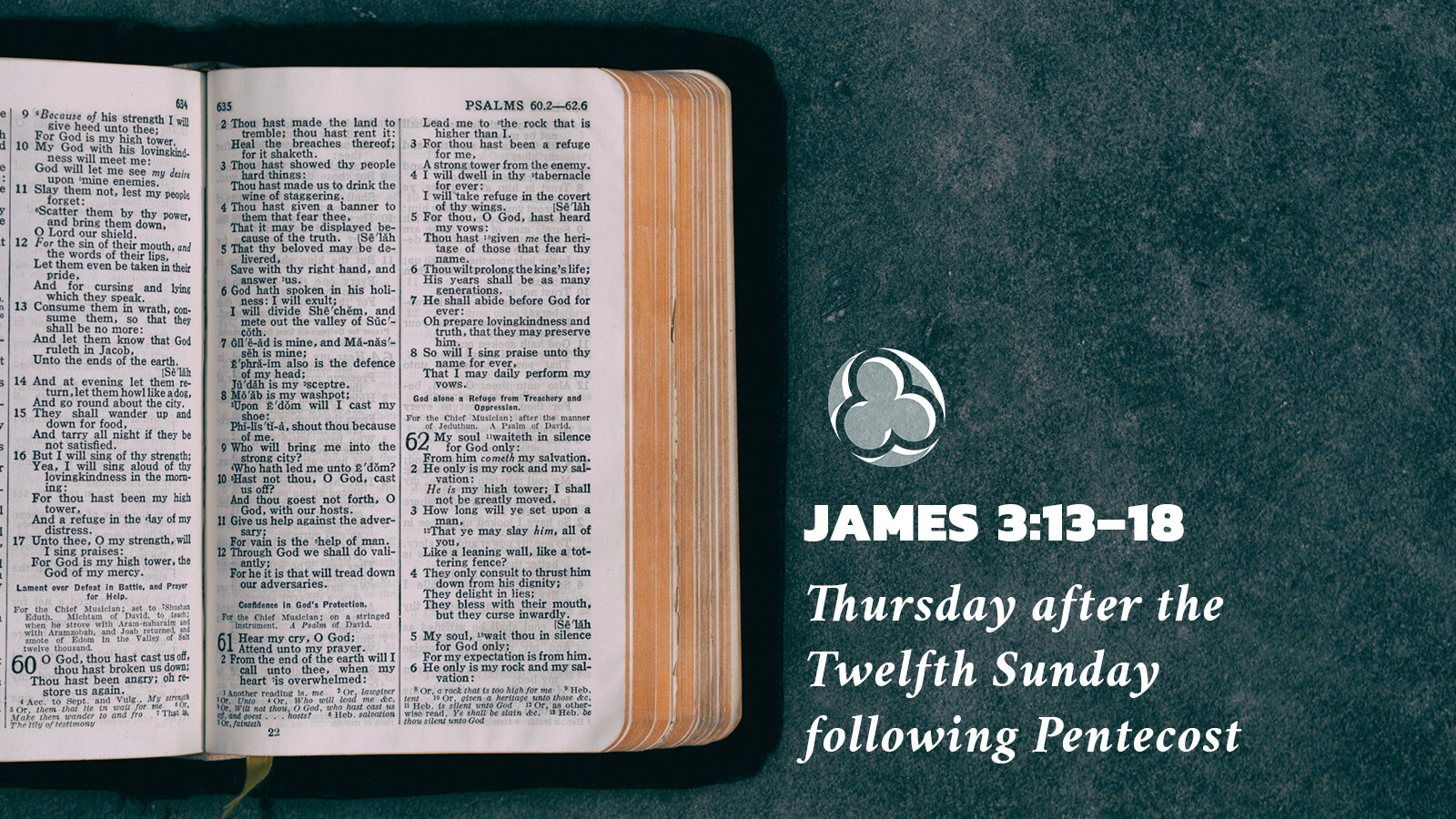
The thought of my affliction and my homelessness
is wormwood and gall!
My soul continually thinks of it
and is bowed down within me.
But this I call to mind,
and therefore I have hope:
The steadfast love of the Lord never ceases,[a]
his mercies never come to an end;
they are new every morning;
great is your faithfulness.
-Lamentations 3:19-23
A few years ago I was eating a bowl of Cheerios one morning and there, on the box top, was the statement, “Once your consciousness has been raised, it cannot be lowered.” Philosophy on a box top. It pertained to General Mills’ campaign for a heart healthy breakfast but it struck me: “Once your consciousness has been raised, it cannot be lowered.” That may, or not, hold true.
I was reminded of the tradition of African-American friends of mine who spend the final fifteen minutes leading up to midnight each New Year's Eve in New Orleans, upon their knees, in prayer. Janice told me that when the fireworks ignite at midnight, they jump to their feet and shout and sing, remembering the New Year’s Eve when slaves were freed in 1863. One account describes Watch Night of 1862: “By nightfall, Negroes all over the country nervously awaited their ‘Day of Days.’ In Washington, close to the center of history, they crowded into the chapel at Twelfth and Q Streets for the “watch night” meeting. There were prayers of thanksgiving and hallelujah hymns. One man rejoiced that wives and children could not be sold anymore…wherever Negroes were on New Year’s Eve, 1862, there was little time for sleeping!” (John H. Franklin, The Em. Pro.) Caged doors were flung open. Songs could not be contained.
The poet, Paul Laurence Dunbar, was born in 1862 and wrote the words borrowed by Maya Angelou for her autobiography, I Know Why the Caged Bird Sings. In his poem Sympathy, Dunbar wrote:
I know what the caged bird feels, alas! When the sun is bright on the upland slopes; When the wind stirs soft through the springing grass, And the river flows like a stream of glass…
I know why the caged bird beats his wing, Till its blood is red on the cruel bars; For he must fly back to his perch and cling, When he fain would be on the bough a-swing and a pain still throbs in the old, old scars…
I know why he beats his wing! When he beats his bars and he would be free; It is not a carol of joy or glee, but a prayer that he sends from his heart’s deep core, But a plea, that upward to heaven he flings – I know why the caged bird sings!
Lamentations is believed to have been written by one we might call, “The Poet of the Remnant.” His voice represents those who survived the destruction of Jerusalem in 586 B.C.E. and found a feeble, but faithful song amongst the rubble. “My soul is bereft of peace” he writes, “I have forgotten what happiness is…my soul continually thinks of it and is bowed down within me… But this I call to mind and therefore I have hope: the steadfast love of the Lord never ceases, his mercies never come to an end; they are new every morning; great is your faithfulness.” Lamentations is a witness to the fact that the music of God never dies but resonates through the bars of history. The song of the caged bird sung in Lamentations sings today.
The French philosopher and theologian, Simone Weil, has written that “At the bottom of the heart of every human being, from earliest infancy until the tomb, there is something that goes on indomitably expecting, in the teeth of all experience of crimes committed, suffered, and witnessed, that good and not evil will ultimately be done. It is this, above all, that is sacred in every human being.”
The song of the caged bird is a hymn of raw hope that strains to break the chains that bind us in old patterns when our souls are crying out to sing a new song. Sing, beloved, sing.
Musical Reflection - Great is Thy Faithfulness - Chris Rice
Gracious God, let us always keep our hope in you! Amen.






Login To Leave Comment